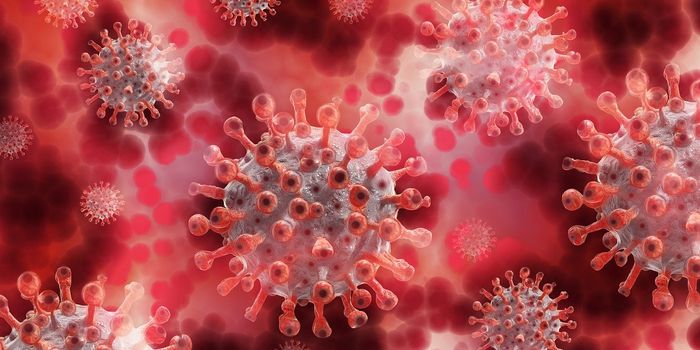Adolescent Cannabis - No Long Term Cognitive Effects, But Still an Impact
An ongoing study that observes the cognitive, mental health and socioeconomic outcomes of twins has come to the conclusion that cannabis use has few impacts on a person’s long-term cognitive abilities.
University of Minnesota researchers have been following sets of identical twins from age 11 to adulthood; while there are 2,410 sets of twins in the wider study, only 364 were eligible for this sub analysis, based on differing cannabis use between siblings.
The format of the study is that participants are given a bi-annual electroencephalogram (EEG) and also asked to self-report on various topics (including cannabis use frequency) while also being given a battery of vocabulary, memory and perception tests that assess cognitive abilities.
Following the twins has allowed the researchers to observe differences in cannabis usage with minimum other variables at play.
While the idea that adolescent cannabis can cause mental health issues and cognitive impairment is very common, Dr. Jonathan Schaefer, a postdoctoral researcher on the study, said that the team had found “very little evidence that cannabis has dramatic effects on cognitive ability, at least from adolescence into adulthood.”
But that's not to say that cannabis users have equal outcomes in every way: they don’t. Indeed, the adolescent twins using more cannabis have more mental health problems, and are doing worse in terms of socioeconomic status while also scoring slightly lower on vocabulary tests.
However, the researchers say this is not directly linked to cannabis use.
Instead, the study findings suggest that adolescent cannabis use may cause academic or motivational difficulties that then go on to affect a person’s educational and occupational status later on.
76 percent of the heavier cannabis-using twins continued education beyond high school, compared to 82 percent of the lighter-use or non-cannabis using twins. The grade point average differs by an average of approximately 0.2 points between the two siblings.
Time will no doubt reveal more about how cannabis use affects these twins’ physical and mental health over the long term.
“If you follow folks long enough you can really start to look at the difference between early substance use and physical health outcomes,” Schaefer said. “Or even between substance use and signs of early cognitive decline.”
He also added that it would be good to replicate the University of Minnesota study with a new group to see if changes to cannabis use since the 90s, such as increased potency, dosage and new forms have made an impact.
Sources: Ganjapreneur, U.S. News









